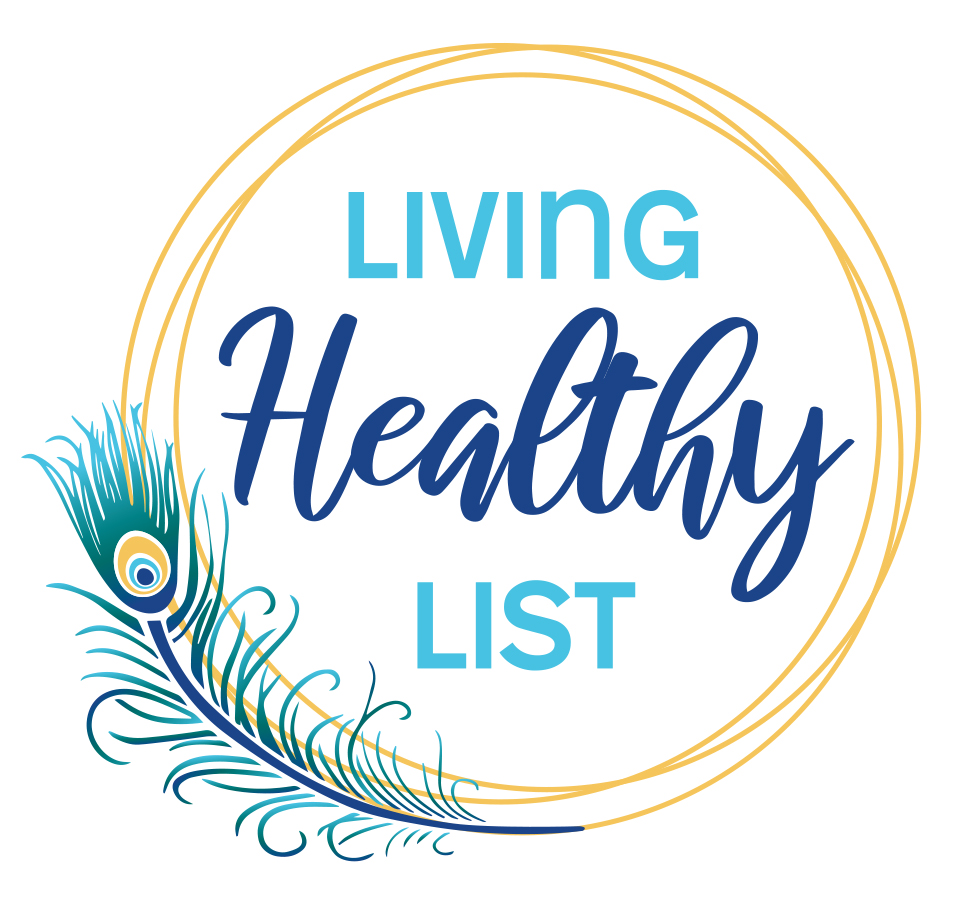The world of dieting has looked interesting in the last two decades. The rise in popularity of TV and social media has helped popularize and glamorize some different fads. Celebrities on TV and social media will try to wheedle you into a certain diet or lifestyle to persuade you to buy their products, but you shouldn’t outright dismiss these diets from the get-go. Some diets have merit, and if you continue reading, you can learn whether a gluten-free diet is the right choice for you.
What Is Gluten?
To understand if the gluten-free diet is right for you, you’ll first need to know what gluten is. Gluten is a protein in grains such as wheat, rye, and barley. It doesn’t sound like a lot at first, but when you investigate further, you can see that a lot of processed foods contain gluten, such as:
- Beer
- Bread
- Pastries
- Cereal
- Pasta
- Soy sauce
Some people avoid gluten from a pure diet perspective, but many others have celiac disease, where they are allergic to gluten. Thankfully, you can test yourself for celiac disease from home to find out if you’re a part of this group.
What Does Gluten-Free Look Like?
So what does a gluten-free diet look like? As mentioned in the last point, many different foods contain gluten, but in the years since learning more about this condition, many gluten-free alternatives have emerged. You can eat foods made with corn, rice, soy, or other gluten-free grains, like buckwheat and flax. Additionally, many businesses have made gluten-free alternatives that use some combination of these foods and many others to give you the same taste you’ve always enjoyed. For example, if you want pasta, you can choose gluten-free options made from chickpeas, lentils, and other gluten-free foods.
Pros and Cons
Is a gluten-free diet right for you? If you have celiac disease, it definitely is. If you don’t, then it’s questionable. Some people have some mild gluten sensitivities, and eliminating it from their diets can help them with symptoms like fatigue, bloating, and stomach pain. Similarly, some people have wheat allergies, and focusing on gluten-free foods is a great way to cater to this since you eliminate foods with wheat.
Without these sensitivities or conditions, it’s questionable. Wheat and gluten-based foods can contain a lot of whole grains, fiber, and micronutrients that the body needs. Similarly, you will struggle if you go gluten-free but only focus on eating the gluten alternatives and not on protein, vitamins, and minerals. Whichever diet you follow, you must watch your body and get all the essential nutrients you need. Ultimately, a gluten-free diet can be good, but like with every other diet, it all comes down to the specific choices you make.
After learning about gluten and the pros and cons of a gluten-free diet, you can better determine if it’s the right choice for you. For some people, it can be great and transform their lives, but for others, it can be negative. It all comes down to the individual and how you work within that diet, so consider consulting with a doctor or nutritionist to find what’s right for you.

